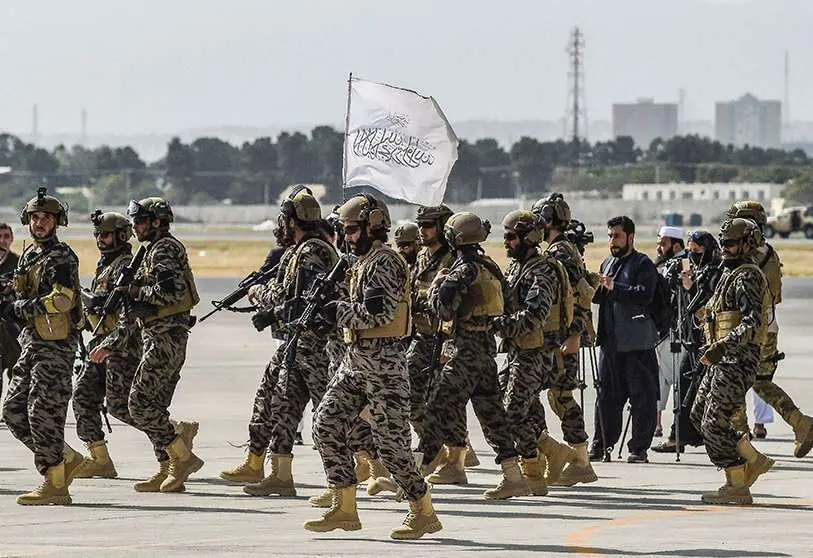Taliban reinforces its power in Afghanistan after recruiting 100,000 troops

The Taliban continue to grow stronger in Afghanistan, or at least they intend to. According to Taliban defence ministry spokesman Enayatullah Khawarizmi, they have managed to train 80 per cent of the former Afghan army officers previously trained by the US army during its presence.
This new training is part of a new strategy on the part of the insurgents to create a new Afghan army under Taliban command. In this regard, the new regime has created a special committee set up for this purpose. The 20-person committee is responsible for selecting soldiers for the Afghan army and training them, as well as building new military units.

The chief of staff of the Taliban's armed forces, Qari Fasehuddin, said last November that they would try to recruit 150,000 new fighters into their ranks. With this new policy, the Taliban are seeking to attract officials who had previously served Afghanistan under Ashraf Ghani's presidency in order to create new supporters for their cause.
After the seizure of Kabul last August, the Taliban managed to take control of US weapons, some of which had served the Afghan army favourably. In Kunduz, one of the cities with a significant US presence, the Taliban were able to seize a significant arsenal of weapons and technology. These included armoured mine-proof vehicles, Humvees and drones.

The Afghan army put up little resistance during the Taliban insurgency. According to various analysts, the reasons for the army's lack of stubbornness are due to the corruption within the army itself, as well as the low motivation of the soldiers to defend the country. The latter seems to have been one of the main common causes since, in Afghanistan, a country still heavily influenced by the tribes, loyalty is more prevalent to a region than to the central government. On the other hand, the Taliban share a common goal: their Islamic ideology and the desire to drive out the "Western imperialists" who have invaded the country.
Moreover, the demoralisation that existed and to some extent still exists among Afghan soldiers was key to their surrender. According to various analysts, the Doha Agreement was the hallmark of the US's lack of interest in Afghanistan. It is worth mentioning that the war in Afghanistan was a tremendously costly conflict for the US economy, as Washington spent more than 83 billion dollars on equipping and training the Afghan military, something that could no longer be sustained in the long term.

In line with this high figure, the Afghan army should have been more than ready to meet the Taliban's advance, but the reality is that both its ineffectiveness and poor motivation caused Afghanistan to fall shockingly under Taliban control.
A report issued by the US Council on Foreign Relations notes that most of the army chose to "make deals with the Taliban, surrender, or simply fade away, rather than risk their lives for a lost cause" while other Afghan units "fought hard".
The debacle also draws attention to the lack of NATO air support. In recent decades, such support has been a key element in curbing the Taliban threat. Previously, with the presence of Western troops, the Afghans could count on this type of defence support, something they now do without after the withdrawal of troops.








